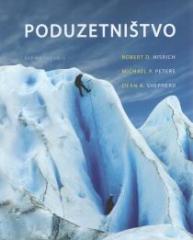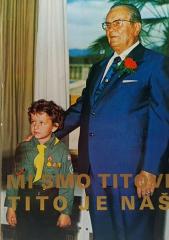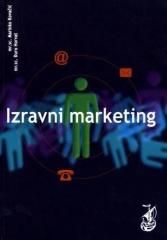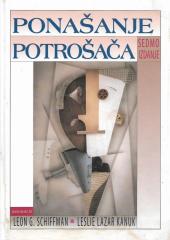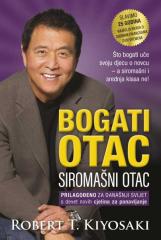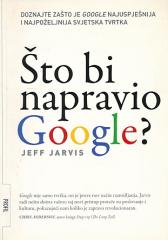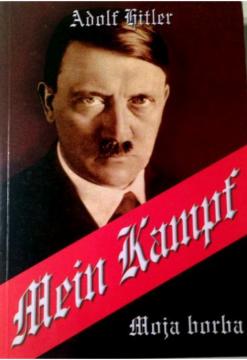
Mein Kampf / Moja borba
Hitler's book combines autobiography and political manifesto, laying the foundations of Nazi ideology. The work has been banned in many countries for promoting hatred, but it remains a historical document that reveals the origins of Nazi crimes.
The book is divided into two parts. The first part, "The Reckoning" (Eine Abrechnung), was written during Hitler's imprisonment in 1924 after the failed Munich putsch. In it he describes his childhood in Braunau am Inn, Austria, his education, life in Vienna and his experiences as a soldier in the First World War. He particularly emphasizes the development of his anti-Semitic and nationalist beliefs, blaming Jews, communists and the Treaty of Versailles for Germany's economic and social problems.
The second part, "The National Socialist Movement" (Die Nationalsozialistische Bewegung), written after his release from prison, details the Nazi party's vision, including eastward expansion of "living space" (Lebensraum), militarism, and authoritarian rule. Hitler promotes a racist ideology, glorifying the "Aryan race" and advocating the fight against democracy, Marxism and liberalism. The writing style is polemical, often chaotic, with an emphasis on chauvinism and hatred of minority groups.
The Kvrga Publishing edition retains the original tone, but the book is controversial, often banned for promoting hatred. Nevertheless, it remains a key historical document for understanding Nazi ideology and its tragic consequences.
No copies available
The last copy is reserved.
